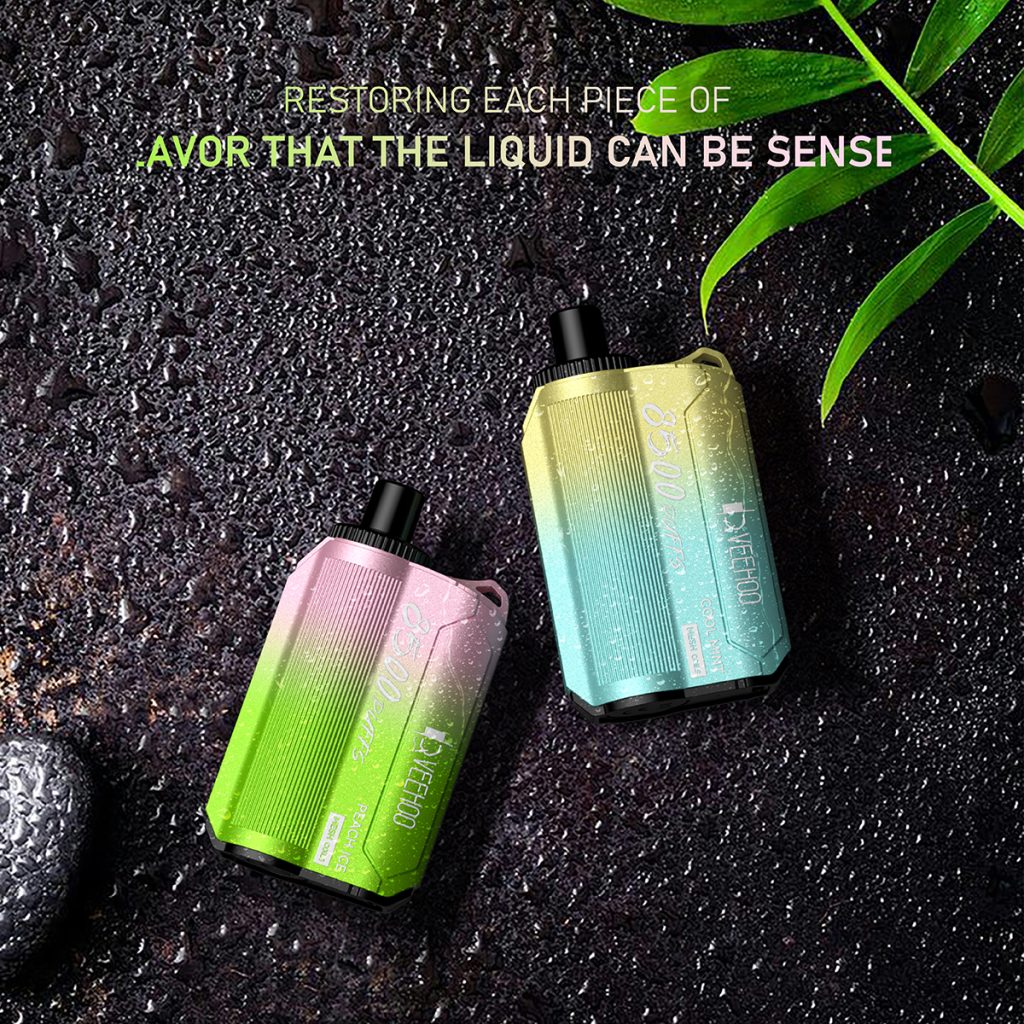More recently, local councils in the UK have called for the use of disposable vapes to be banned by 2024 due to their negative impact on the environment. This is not surprising, as the non-biodegradable components of vapes have become the focus of environmentalists, leading to an increasing amount of e-waste.

As a leading manufacturer in the vape industry, Veehoo has embarked on an vape recycling program. The company called for the establishment of a mature and feasible recycling system, and launched a variety of vapes that can be replaced and filled with oil to reduce waste generation.
The environmental impact of vaping is a growing concern that has been ignored by industry and government regulators. Although vapes are promoted as a safer alternative to traditional cigarettes, they also have some environmental concerns. Most vapes are single-use, with components such as batteries and plastic pods that end up in landfills.

The UK government is aware of the environmental impact of vapes and has started a consultation on their environmental impact. The consultation seeks to explore ways to reduce the environmental impact of vapes, including take-back programs and the development of more sustainable vape designs.
Veehoo’s commitment to vape recycling is a step in the right direction. The company’s reloadable, oil-filled vapes not only reduce the amount of vaping waste, but also offer customers a more sustainable choice. Veehoo’s recycling program will ensure that vape waste is properly disposed of, reducing the environmental impact of vaping.

In conclusion, Veehoo’s commitment to vape recycling and developing more sustainable vape designs is commendable. It is important that the entire industry follow suit and take responsibility for the environmental impact of its products. By doing this, we can ensure that vapes remain a safer alternative to traditional cigarettes without causing harm to the environment.
